Jomo Kenyatta, widely regarded as Kenya’s founding father, played a crucial role in the fight for independence from colonial rule. Alongside influential leaders like Kwame Nkrumah from Ghana and Patrice Lumumba from the Democratic Republic of Congo, Kenyatta emerged as a prominent figure in post-independence African politics. This article delves into the life and legacy of Jomo Kenyatta, exploring his contributions to Kenya’s journey to sovereignty.
Born as Kamau at Ichawari, near Mount Kenya, in 1897, Kenyatta’s early years were marked by a fervent desire to challenge colonialism and advocate for African nationalism. His encounter with Europeans during a period of illness at a mission sparked his curiosity about the world beyond his own culture. This curiosity led him to pursue education and activism, eventually adopting the name Jomo Kenyatta.
Kenya’s struggle for independence was deeply rooted in the colonial history of the region, dating back to the Berlin Conference of 1885. The British colonization of Kenya, formalized in 1920, disenfranchised native Kenyans and marginalized indigenous communities. Kenyatta, alongside other activists, joined movements like the East African Association and later the Kikuyu Central Association, advocating for African rights and land restitution.
Kenyatta’s activism took him to London, where he tirelessly campaigned for African representation and the repeal of oppressive colonial policies. His experiences abroad, including formal education and participation in pan-African congresses, further fueled his commitment to liberation.
The emergence of the Mau Mau movement in the 1950s marked a turning point in Kenya’s struggle for independence. Despite being arrested and imprisoned on charges related to the movement, Kenyatta’s leadership remained steadfast. His release and subsequent involvement in negotiations for Kenya’s independence paved the way for significant political reforms.
In 1963, Kenya achieved independence, with Kenyatta assuming office as its first prime minister and later president. His leadership emphasized national unity and reconciliation, aimed at bridging ethnic divides and fostering stability in the newly independent nation. However, Kenyatta’s tenure also saw challenges, including accusations of authoritarianism and allegations of corruption within his administration.
Kenyatta’s legacy is complex, reflecting both his role as a liberation hero and the controversies surrounding his political governance. While he is celebrated for his instrumental role in Kenya’s independence, criticisms of his leadership style and handling of post-colonial challenges persist.
In conclusion, Jomo Kenyatta’s journey from activist to statesman embodies the aspirations and struggles of a nation striving for freedom and self-determination. His contributions to Kenya’s independence movement resonate to this day, shaping the country’s political landscape and inspiring future generations to uphold the ideals of justice and equality.
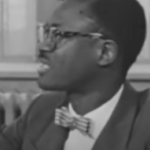
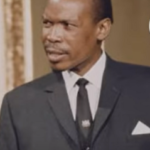
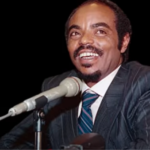

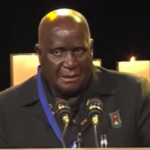
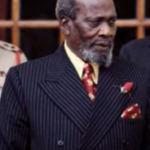
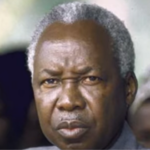
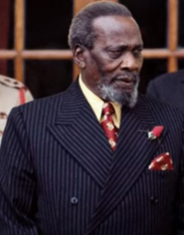
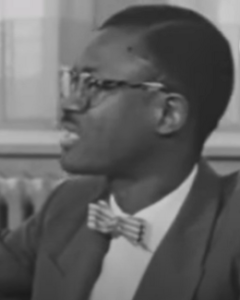
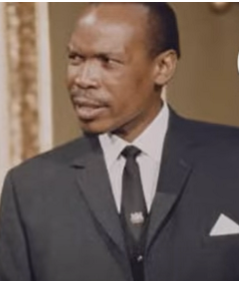
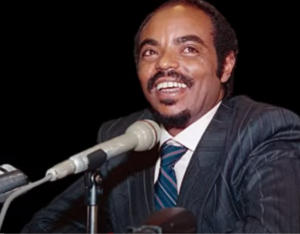
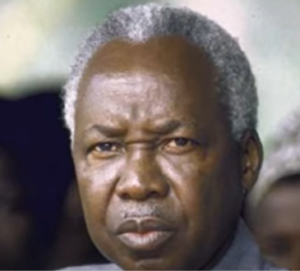
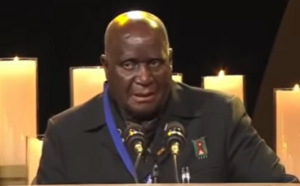
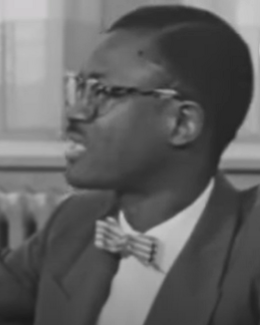
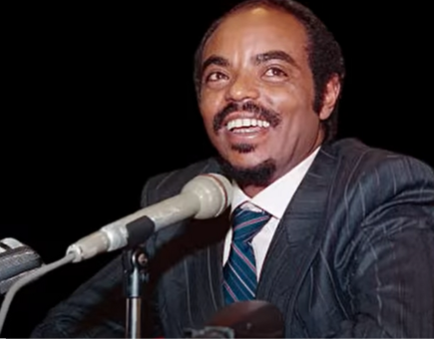

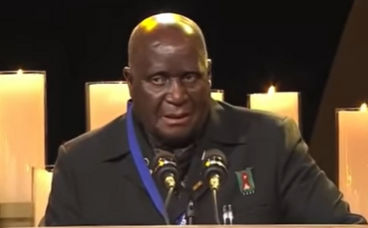
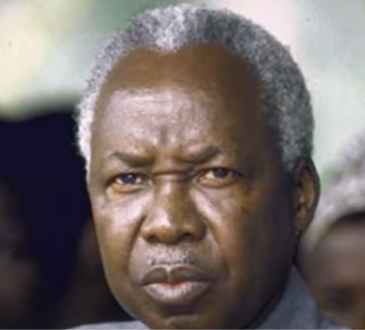
+ There are no comments
Add yours